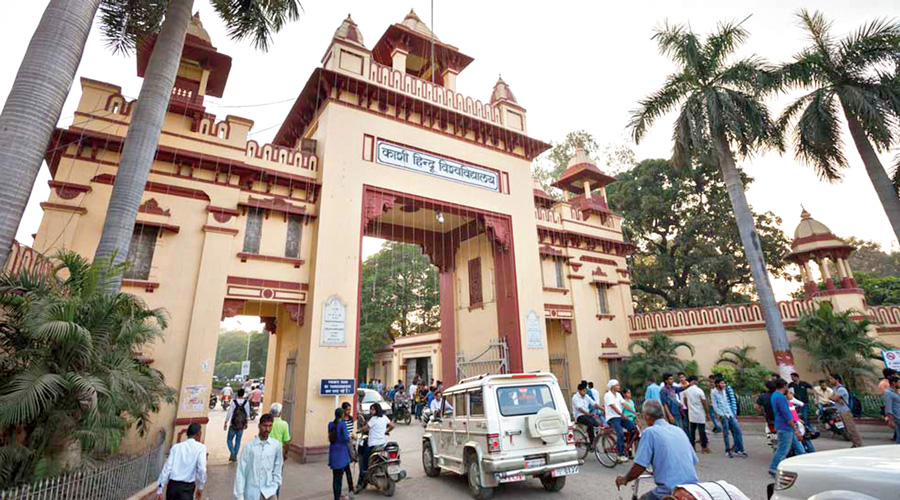Subhas Chandra Tiwari received a lump sum amount of Rs 16 lakh when he retired last year after serving for 32 long years as a teacher at central government-run Navodaya Vidyalaya Samiti (NVS) schools.
Tiwari is among 6,000 NVS employees who joined service before 2004 and were shepherded into a Contributory Provident Fund (CPF) scheme that entails a one-time payment after retirement and offers no monthly pension.
Tiwari’s travails offer a glimpse of the problems faced by these people in negotiating life after retirement.
His son has not been receiving salary for months as the private firm where he works has suspended operations because of the pandemic. Tiwari has several old-age-related ailments to tackle too, in addition to arranging for his son’s impending marriage.
“The money I received under the CPF is all I have. There is no pension. I did not build a house of my own. We live in an old house built by my father. All my savings will be spent on my son’s marriage. There is no healthcare assistance too. It is a pitiable condition for NVS retirees,” Tiwari said over phone from his home at Shikohabad in Uttar Pradesh.
Despite being a central government organisation, the NVS does not pay regular monthly pension to those employees who joined before 2004. Such staff at the Kendriya Vidyalaya Sangathan schools, the other education chain of the Centre, are entitled to monthly pension and medical facilities under the Central Government Health Service Scheme.
Panchanand Mishra retired as a superintendent from Jawahar Navodaya Vidyalaya, Ranchi, in 2012 and got less than Rs 5 lakh under the CPF. That money is already exhausted and he has to depend on his sons for his medical and other expenses.
“Pension provides security. It helps live with dignity. When I ask for money from my sons, they oblige. But I feel very uncomfortable. It hurts your self-respect,” Mishra said.
Nearly 60 MPs from across parties recently wrote to Union education minister Ramesh Pokhriyal, urging him to implement regular pension under the Central Civil Services Rule, 1972, for NVS employees who joined before 2004. Minister of state for finance Anurag Thakur also wrote to Pokhriyal this month with the same request.
Under regular pension, a retired person receives half his basic pay every month.
Thirty-five years since its inception, the NVS runs nearly 600 schools across the country to provide free residential schooling to meritorious but poor students. The schools have nearly 15,000 employees, including about 6,000 who were hired before 2004. That year, the government shifted from regular pension to contributory pension under the National Pension Scheme for all new recruits.
“The pass rate of NVS students is the highest in the country. The students do well in all national-level entrance tests. This is because of the sincere efforts of the teachers and other staff. They should not be humiliated in their old age,” said Yogendra Sharma, the president of the Navodaya Vidyalaya Employees Welfare Association.
When the National Pension Scheme was introduced, the NVS bureaucracy brought those employees who had joined before 2004 under the Contributory Provident Fund scheme although the normal pension option was available, Sharma said.
After the association took up the issue with MPs and ministers and they wrote to Pokhriyal, the education ministry set up a committee under school education secretary Anita Karwal to examine the demand for pension.
An official of the ministry said the committee had held a meeting where it supported the provision of regular pension. But its report is awaited.












